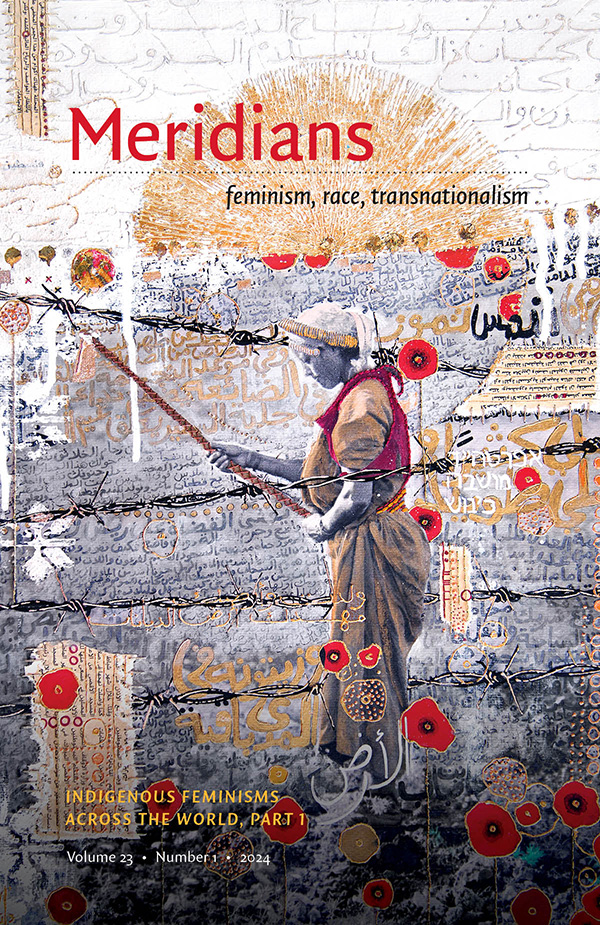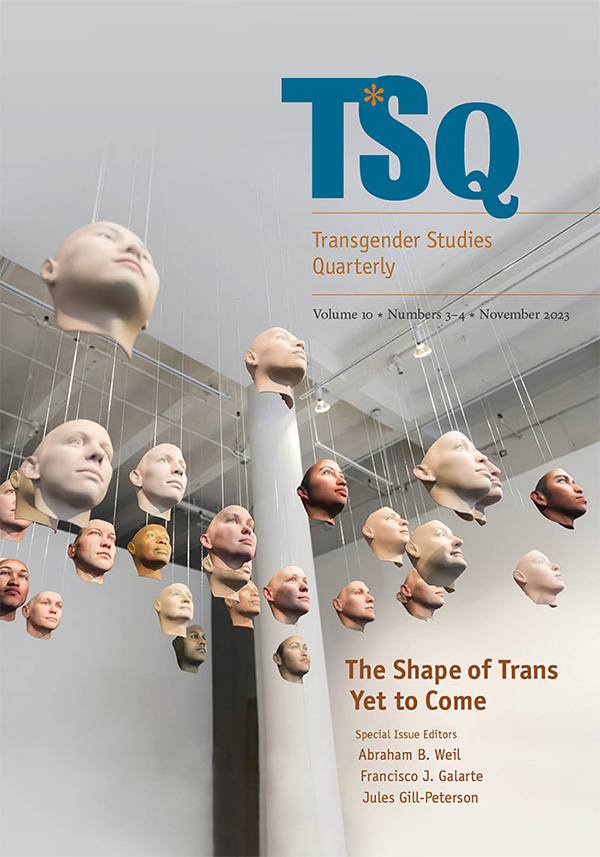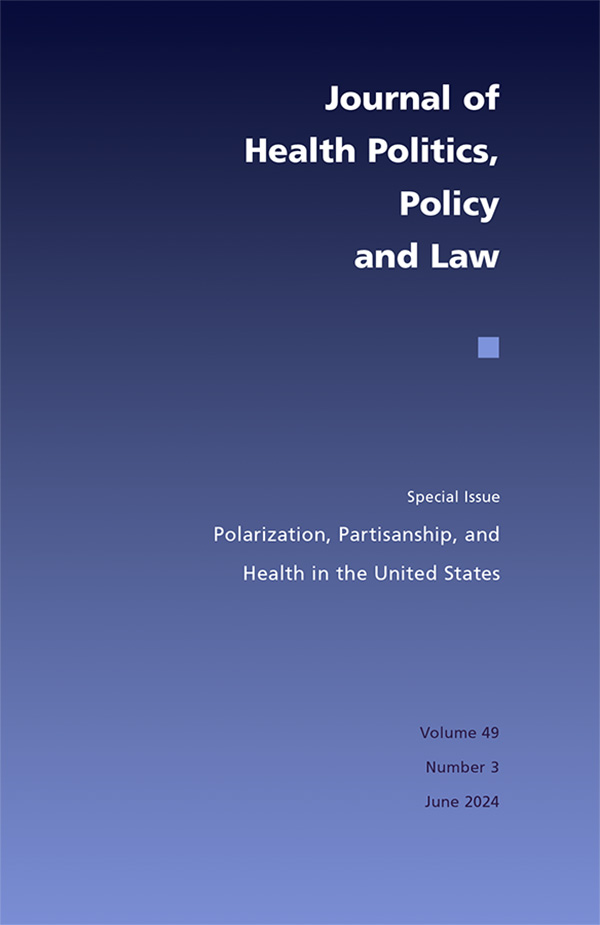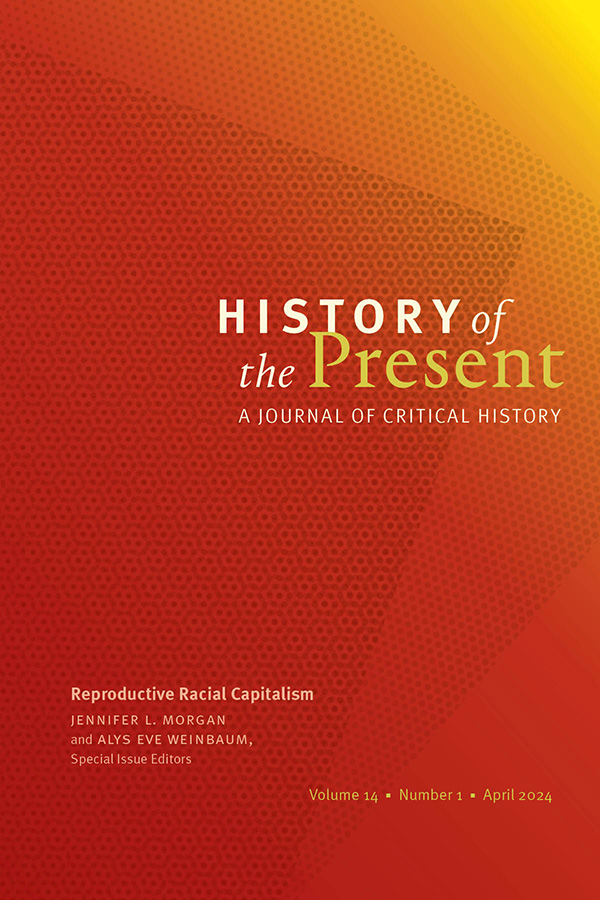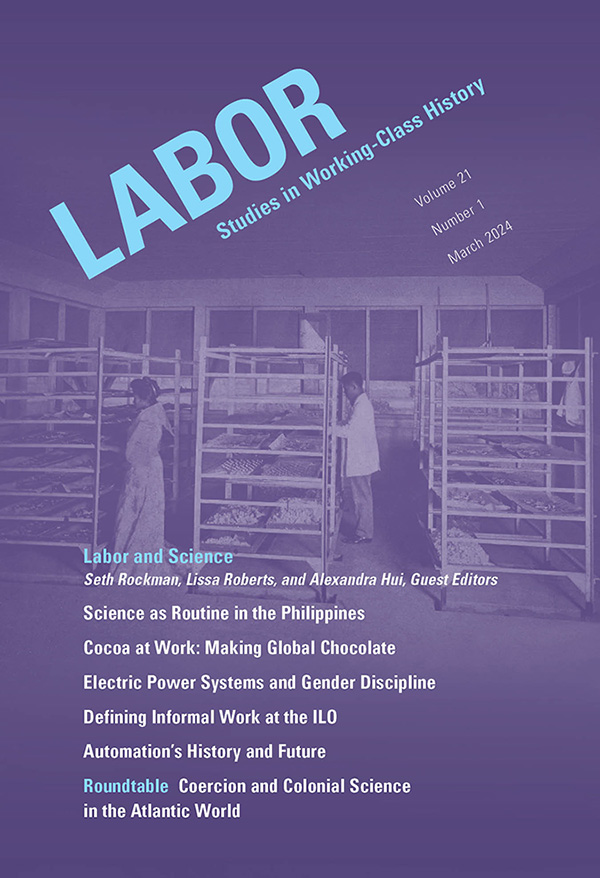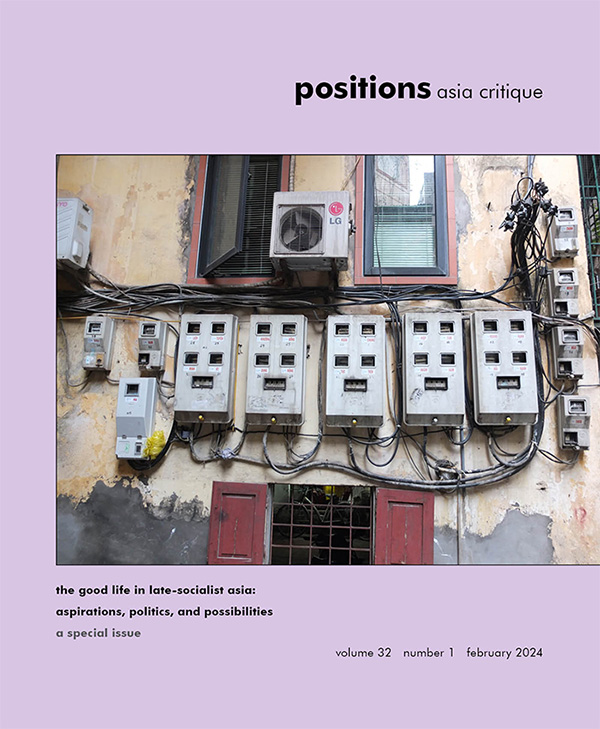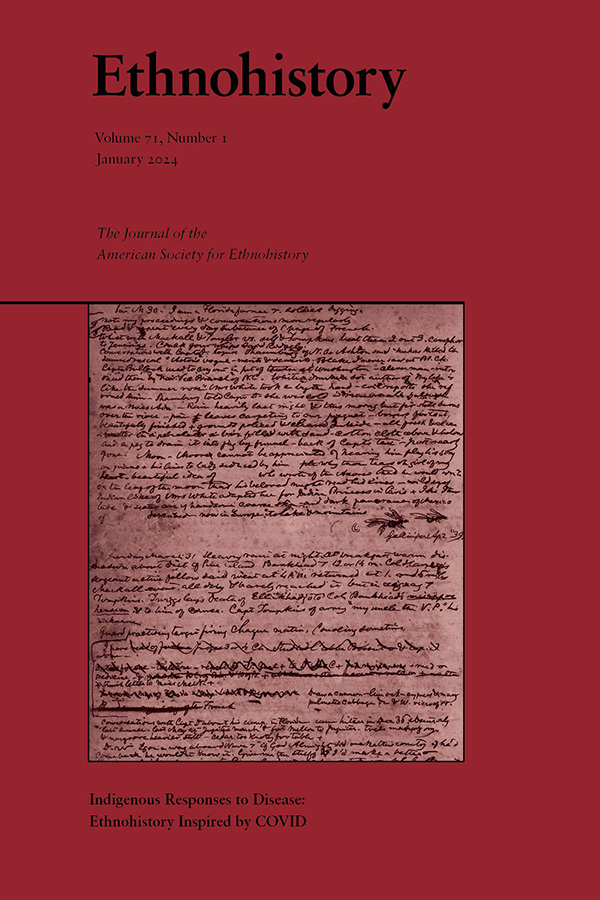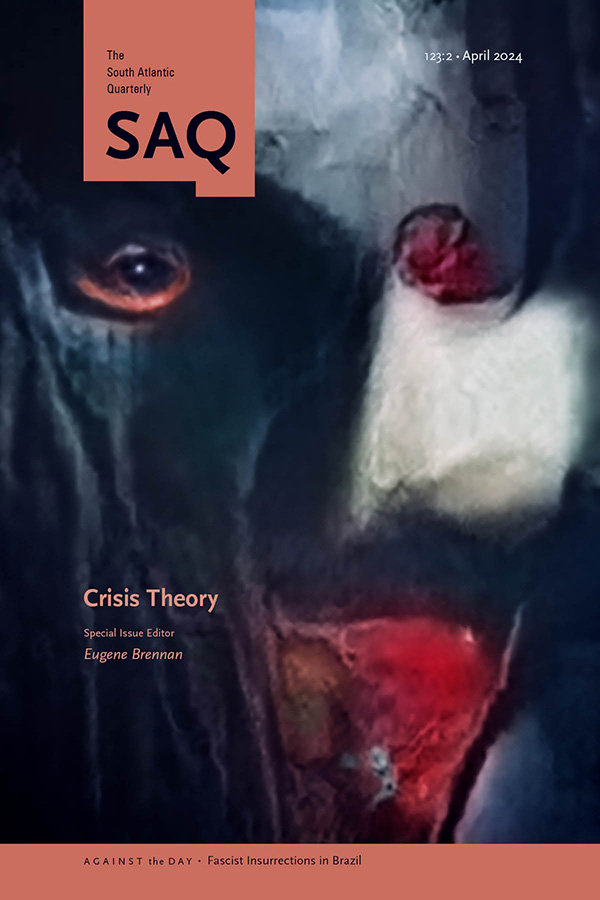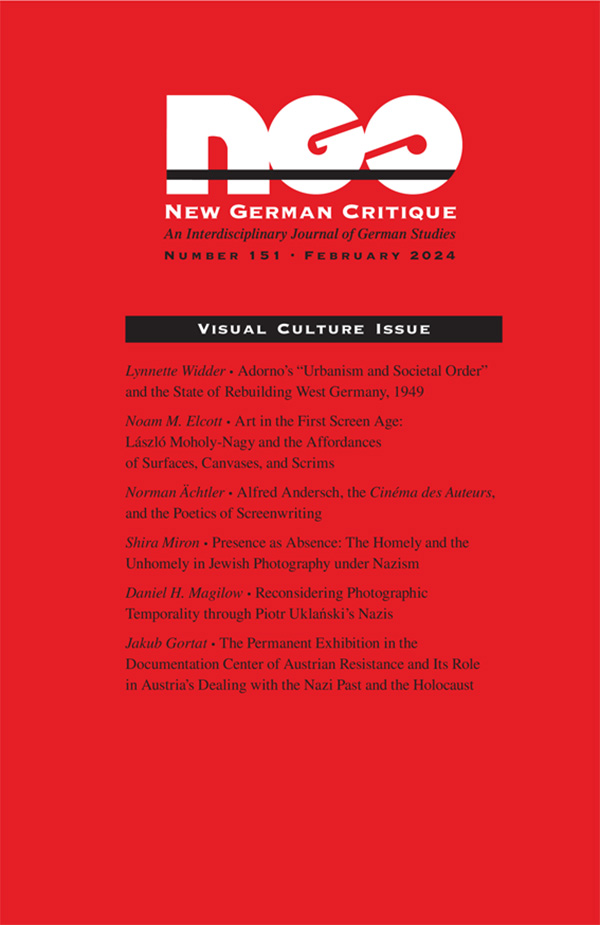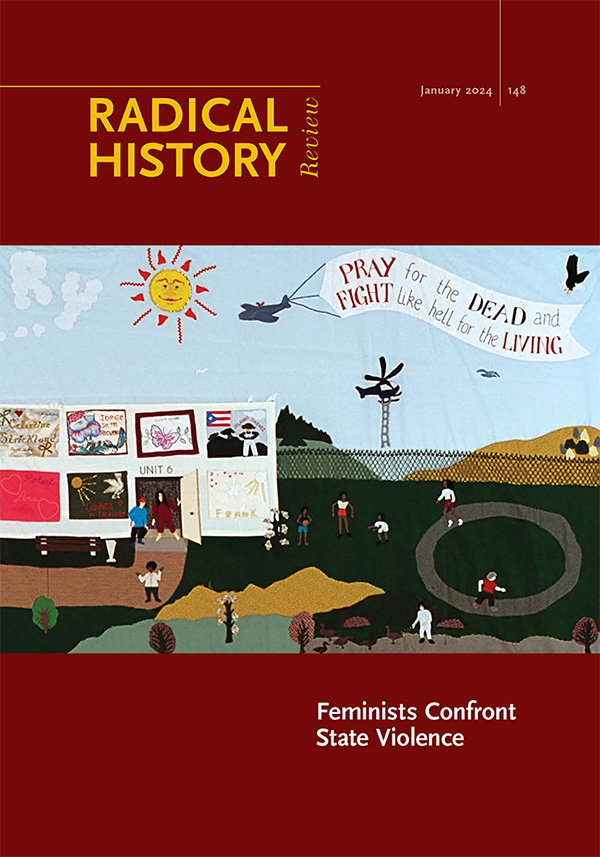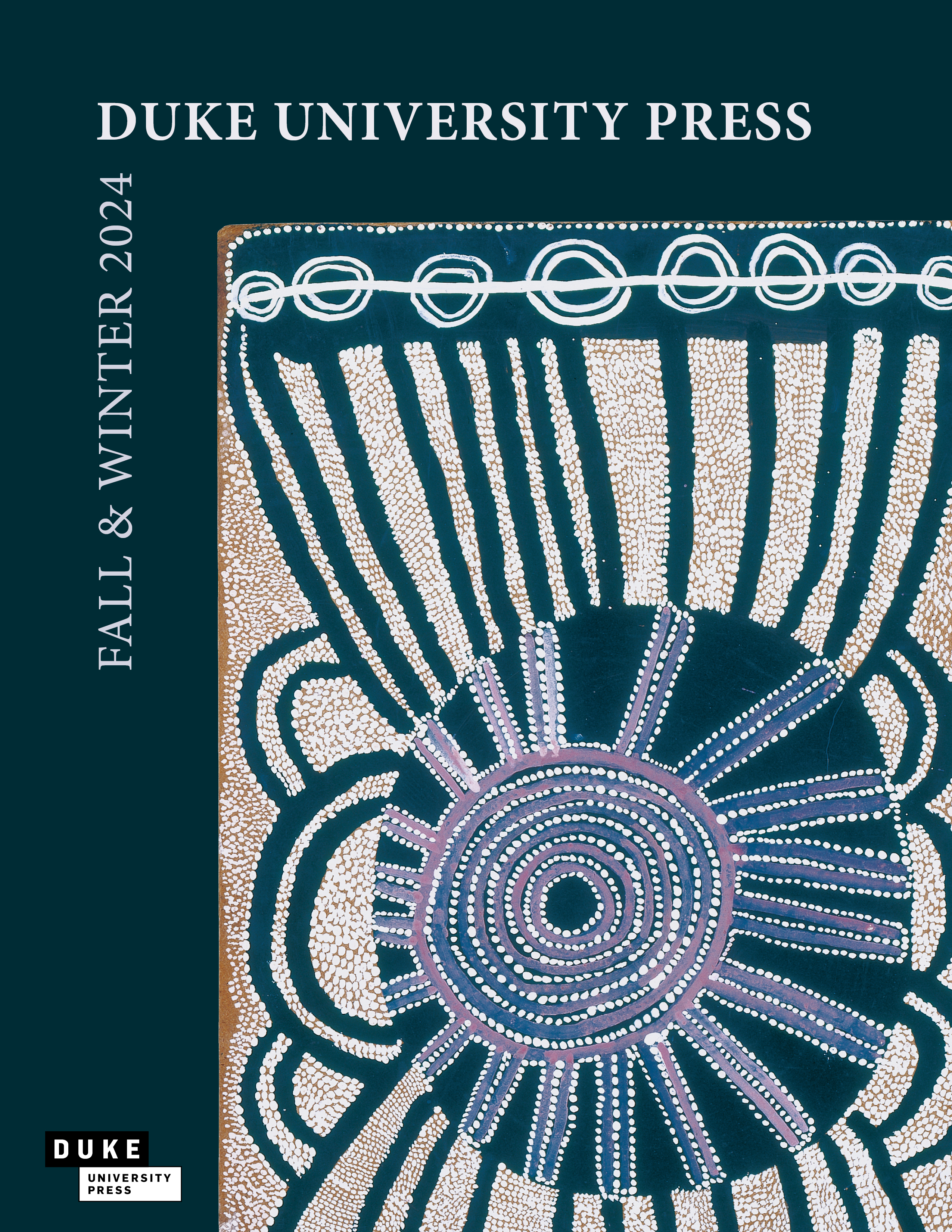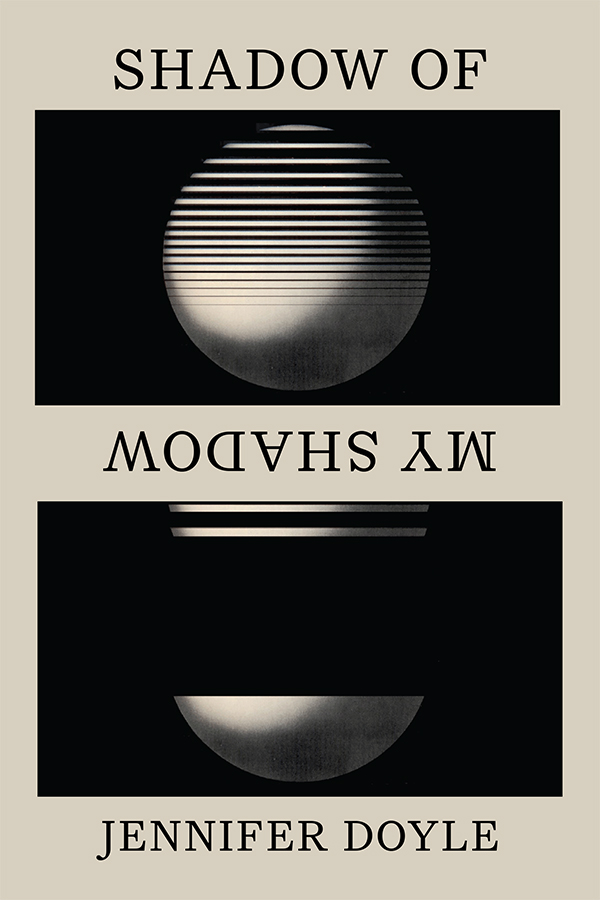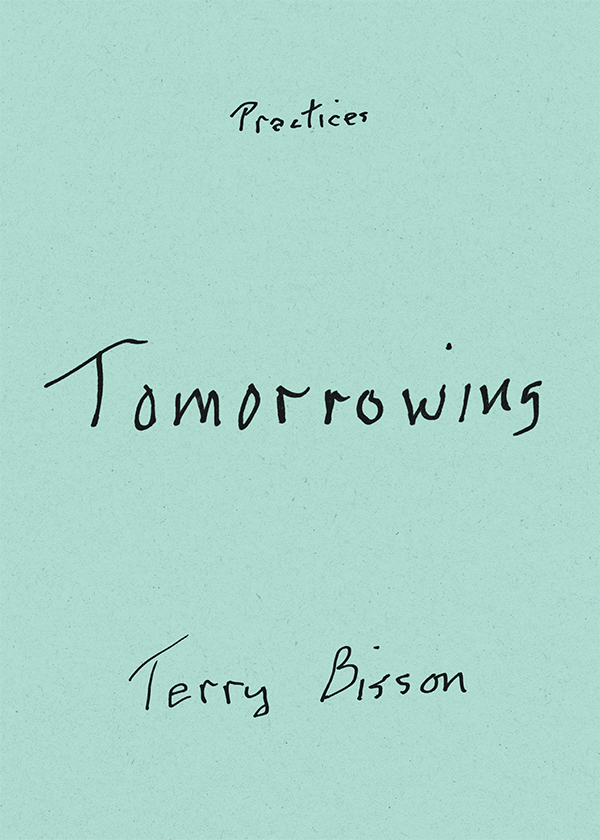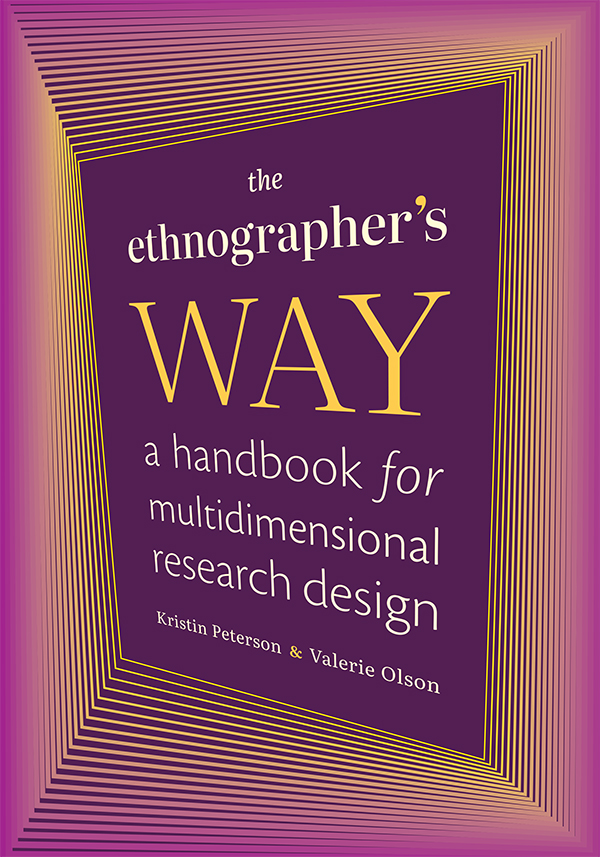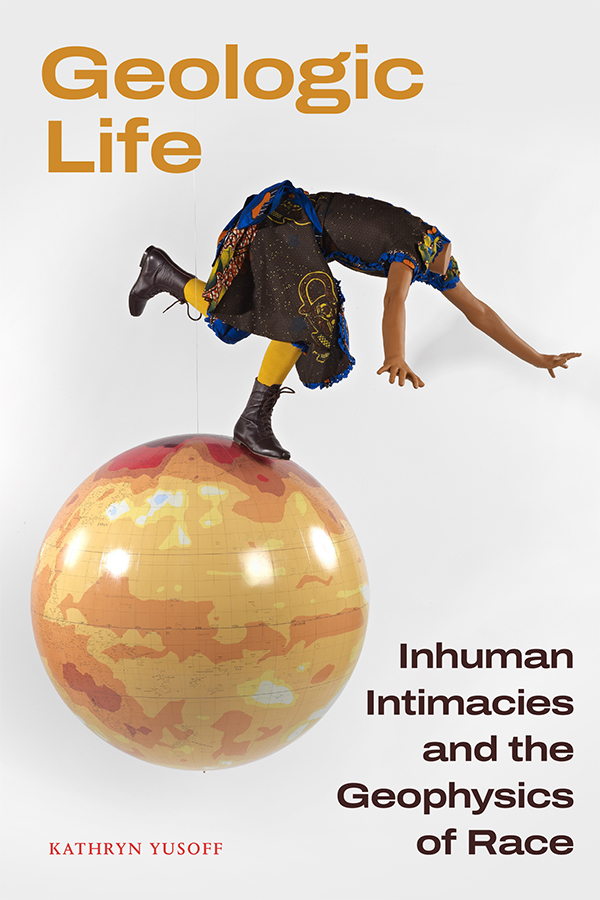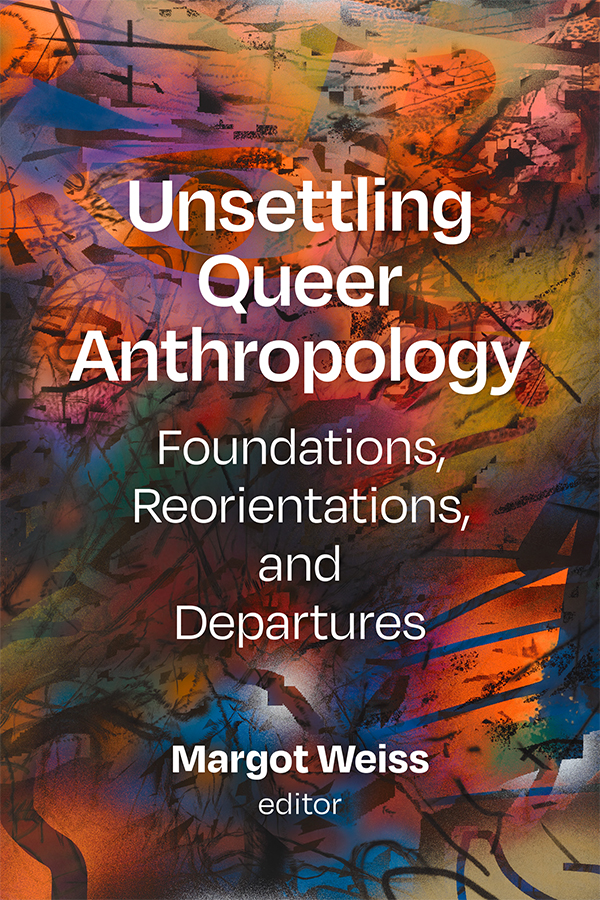We’re delighted to announce that the inaugural issue of QTR: A Journal of Trans and Queer Studies in Religion is now available! QTR is an open-access journal, published twice a year, dedicated to expanding both scholarly and public knowledge about the rich and complex connections between religion, gender, and sexuality.
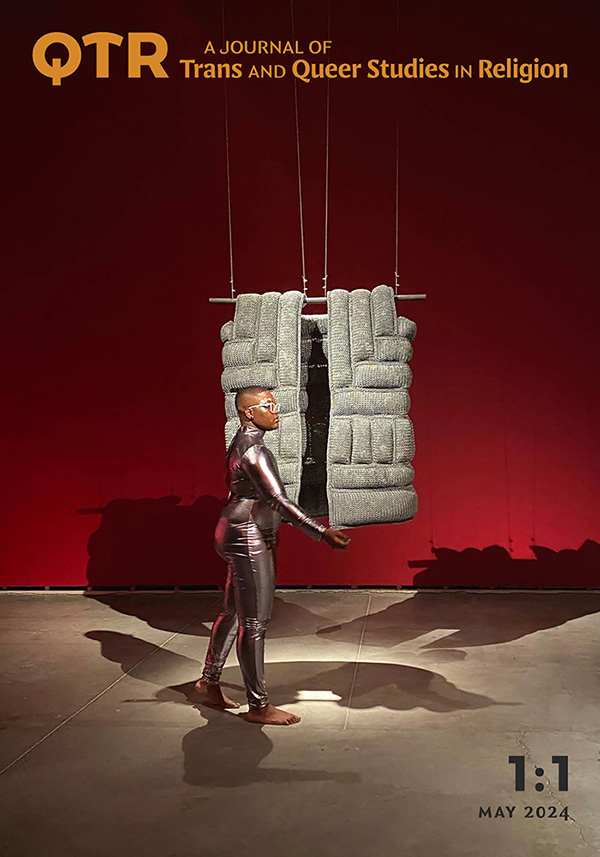
Co-edited by Joseph Marchal and Melissa Wilcox, the journal features cutting-edge scholarship at the intersections of queer studies, trans studies, and religious studies, and aims to expand the depth and reach of what trans and queer studies in religion is becoming. QTR demonstrates the relevance of various modes of gender, sexuality, and embodiment wherever one might find religious people, practices, or ideas.
In the inaugural issue of QTR, contributors examine the current state of the queer and trans religious studies field. Through methodological reflections and leading-edge research, the authors cover topics that include queer world-making among Orthodox Jewish gays and lesbians in Israel; the religious lives of Latina and Black trans activists Sylvia Rivera and Marsha P. Johnson; the importance of engaging trans and queer studies in religion during a time of anti-trans and anti-queer legislation; nonsecular transfeminism in Turkey; and the role of Jewishness in John Boswell’s historiography.
Vew the full Table of Contents.
“It’s true that some have used religious argumentation to target queer and trans people, and that many are traumatized by religious narratives. But it’s equally true that many queer and trans people are religious and find community and affirmation in religions.
There’s an assumption that to be religious is to be hostile to thinking about gender and sexuality and specifically thinking about queer and trans people. It’s just so clear that when we think about gender and sexuality and religion, the world needs better, more informed knowledge about those things.”
Dr. Joseph Marchal
In Conversation
The editors, along with contributors to issue 1:1, participated in a conversation hosted by the American Academy of Religion on May 14th. View the conversation in it’s entirety, here.
The Editors
Joseph Marchal (co-editor) is a professor of religious studies and women’s and gender studies at Ball State University. They are the author, editor, or co-editor of more than ten books, including Appalling Bodies: Queer Figures Before and After Paul’s Letters and Sexual Disorientations: Queer Temporalities, Affects, Theologies; and two forthcoming collections: on trans biblical interpretation, and the politics of respectability in Black, womanist, and queer approaches. They are also currently serving as chair of the Society of Biblical Literature’s first-ever committee for LGBTIQ+ scholars and scholarship.
Melissa Wilcox (co-editor) is a professor and Holstein Family and Community Chair of Religious Studies at the University of California, Riverside, where Dr. Wilcox organizes the annual UCR Conference on Queer and Trans Studies in Religion and the Holstein Dissertation Fellowship. A specialist in the study of gender, sexuality, and religion in the Global North/Global West, Dr. Wilcox has authored or edited seven books, including most recently Queer Nuns: Religion, Activism, and Serious Parody; Queer Religiosities: An Introduction to Queer and Transgender Studies in Religion; and Religion, the Body, and Sexuality. Dr. Wilcox’s current research is on religion and spirituality as sites of healing in queer, trans, and BIPOC leather and kink communities.
Articles in QTR are published under a Creative Commons license (BY-NC-ND) and are open immediately upon publication. Authors are not charged any fees for publication and retain copyright and full publishing rights without restrictions in their articles. Readers may use the full text of articles as described in the license.
QTR would like to give special thanks to Duke University Press and the Henry Luce Foundation for making the publishing and production of this journal possible.

QTR: A Journal of Trans and Queer Studies in Religion is an open-access journal, published twice annually by Duke University Press. Print copies are available for purchase via POD.
Read online at Duke University Press
Purchase print copies of the journal
Sign up for issue alerts
Visit the editor’s website





